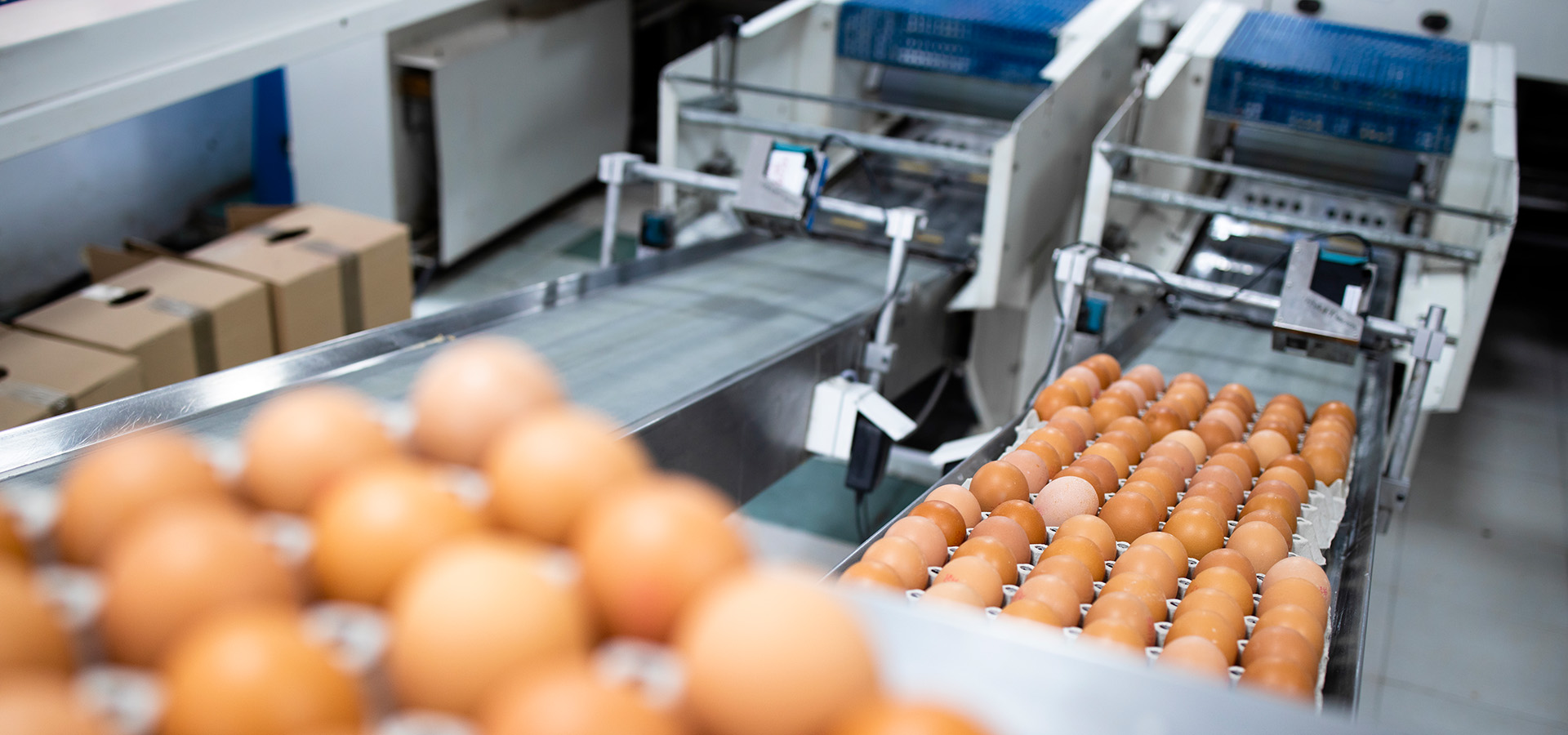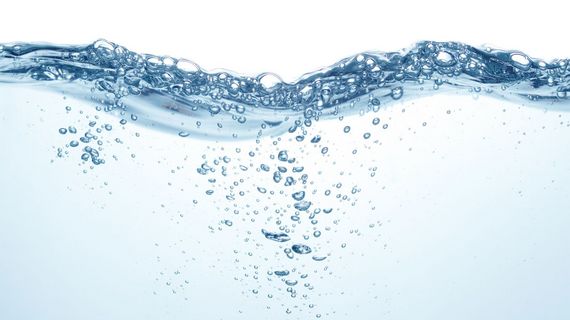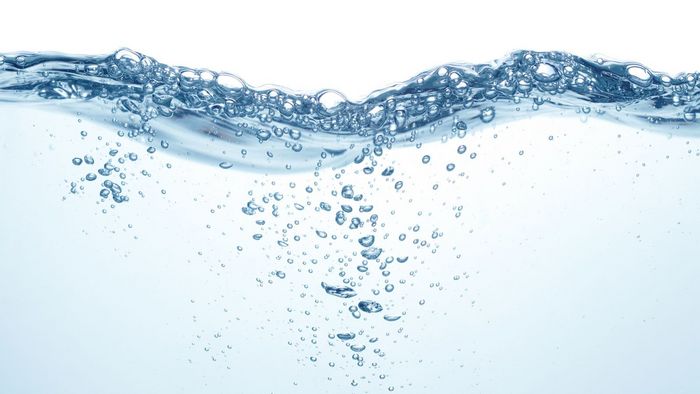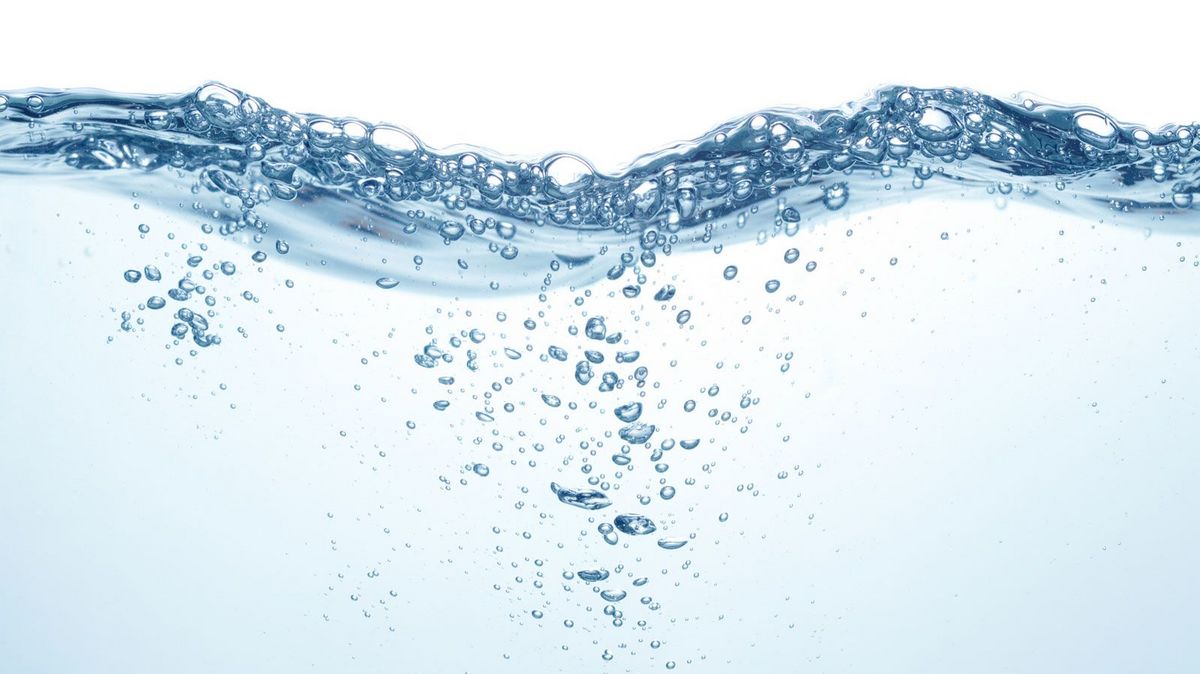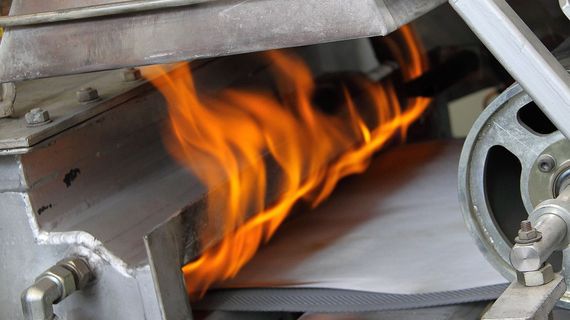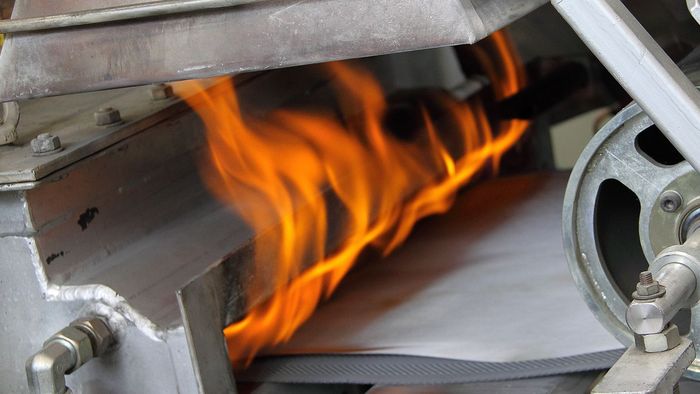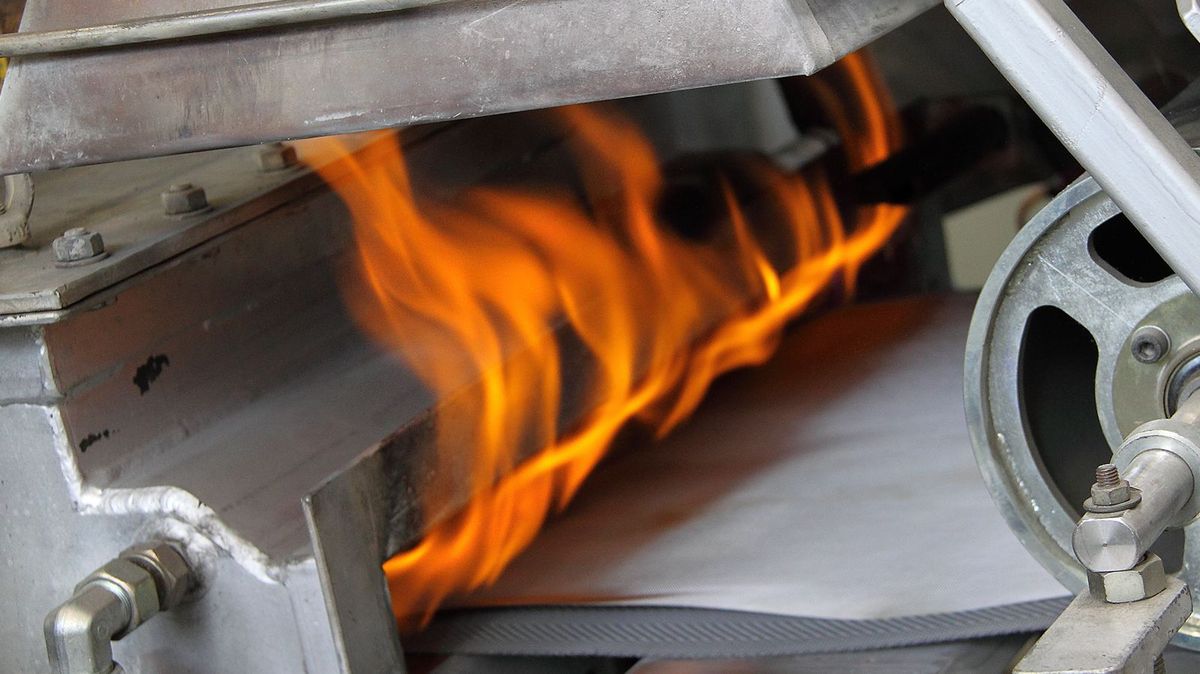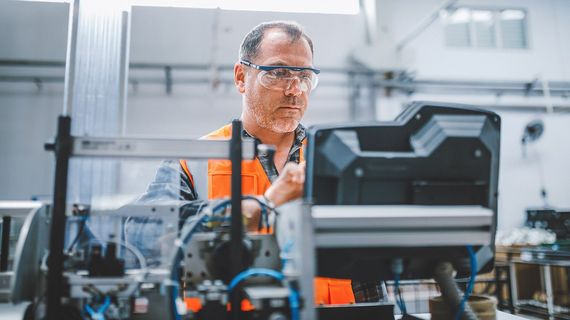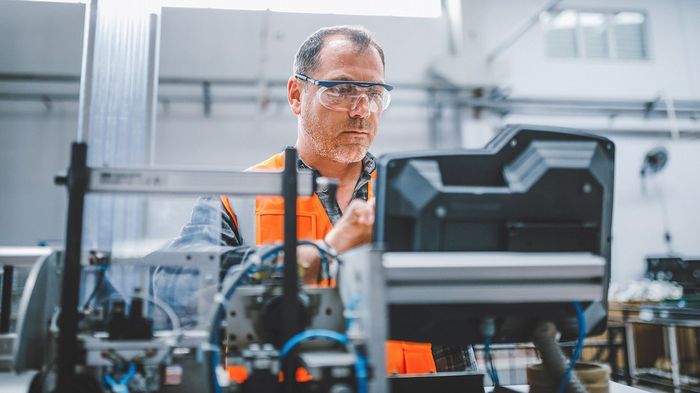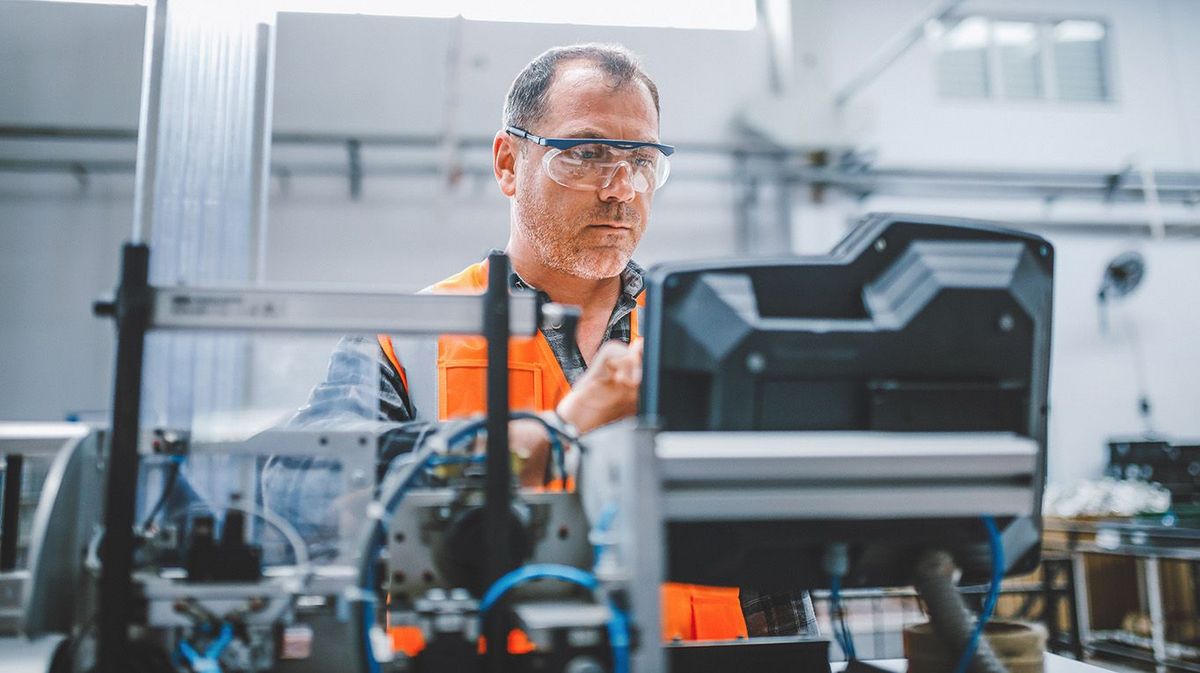5 Advantages of Using Wire Mesh for Sustainable Molded Fiber Packaging
The production of molded fiber packaging comes with a number of challenges. Uneven drainage can lead to an unstable end-product, high temperatures put a strain on molding tools, and rigid materials limit flexibility. At the same time, materials that are too flexible may not provide the necessary stability or break due to material fatigue – resulting in high rejection rates and inefficient processes. For this reason, durable, sustainable solutions are needed to minimize downtime and enable resource-efficient production. Fortunately, wire mesh has established itself as the ideal solution in the pulp and paper industry. Discover five key advantages that will make your production more efficient, economical, and sustainable:
1. Efficient Drainage for Stable Packaging
Fast and uniform drainage is crucial in the pulp and paper industry to ensure stable packaging without cracks and extinguishers. Thanks to its open structure, wire mesh enables efficient water extraction from the pulp, ensuring uniform results. Factors such as mesh size and wire thickness influence the molded fiber production process and can be customized to meet your specific requirements depending in the surface quality.
2. Heat Resistance for Thermal Processes
High temperatures during production can damage or deform the wire mesh used in molded fiber machines. Wire mesh is highly heat-resistant and withstands extreme thermal loads without warping or losing quality. This is achieved through specially optimized annealing parameters – including annealing time and temperature – to ensure the mesh remains soft enough for the application and combats sintering at the wire intersections, which could otherwise limit its deep drawing capabilities. This makes wire mesh ideal for manufacturing processes where heat exposure plays a significant role.
3. High Drapability and Flexible Shape Adaptation
Rigid materials limit design possibilities. Wire mesh, on the other hand, offers excellent drapability. Our specially annealed mesh is particularly flexible, allowing for easy adaptation to individual fiber mold requirements. Wire mesh rolls can also be stored efficiently and processed as needed, enabling quick adjustments to molding forms. In molded fiber production, this presents a clear advantage over alternative methods such as 3D printing, which requires entirely new molds for each design.
4. Durability for an Efficient Production Process
Corrosion, wear, and labor-intensive cleaning are common challenges in the pulp and paper industry. Wire mesh is highly durable, easy to clean, and ensures a smooth production process with minimal downtime. By using wire mesh in molded fiber production, you benefit from an optimized manufacturing process with fewer failures and faster changeovers. Additionally, wire mesh is often made from recyclable materials, contributing to more sustainable and eco-friendly packaging production.
5. Stable Supply Chain
Global supply chains are under pressure. Material shortages, delays, and rising transport costs pose significant challenges for businesses. With wire mesh from Haver & Boecker, you benefit from a stable, reliable supply chain – all from a single source. Our production ensures the highest quality and long-term supply security, keeping you independent of global shortages and helping to protect your production processes.
We offer:
- Personalized consultations and customer-oriented service
- A variety of weave types, perfectly tailored to your process and end-product
- Specially developed mesh types for molded fiber packaging
- A strong research and development team that designs wire mesh to your exact specifications
Rely on wire mesh from Haver & Boecker and optimize your molded fiber production for efficient, flexible, and sustainable packaging manufacturing!



